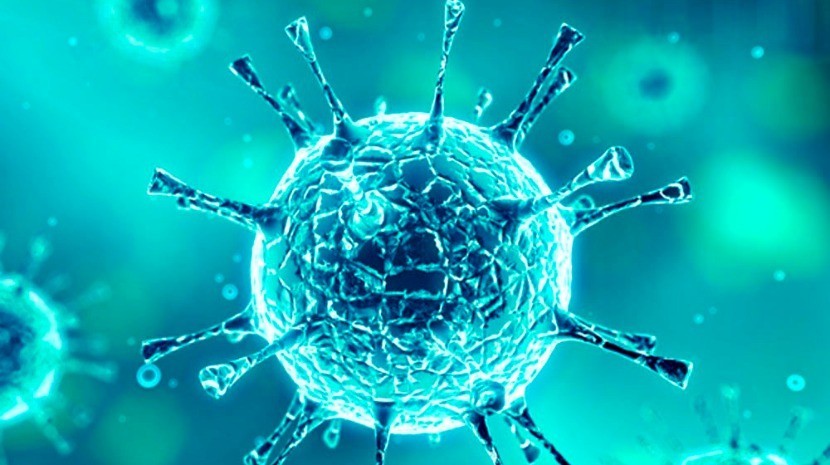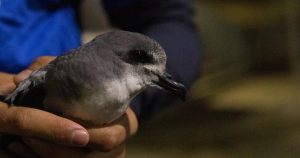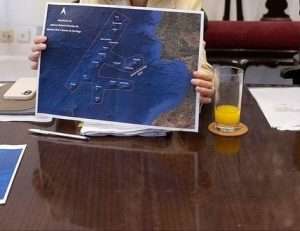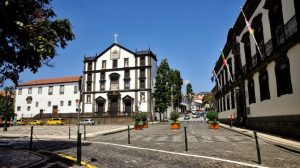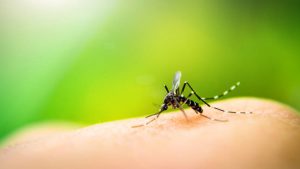Avian flu (HPAI) has been detected and confirmed in a domestic poultry farm and in birds in the D. Carlos I Urban Park, in the municipality of Caldas da Rainha, in Leiria, the Directorate-General for Food and Veterinary Medicine (DGAV) announced today.
The control measures include the inspection of the places where the disease has been detected, as well as cleaning and disinfection, and the removal of animals.
Restrictions on the movement of animals and surveillance measures were also imposed on farms with birds, located in the restriction zones (within a radius of 10 kilometers around domestic poultry outbreak).
The DGAV once again appealed to all bird keepers to comply with safety measures, in particular, to avoid contact between domestic and wild birds.
At the beginning of the week, the confirmation of a new outbreak of avian flu had already been announced on a small chicken, duck, and geese farm in Sintra, where a case had already been detected at the beginning of the month.
On the same day that the first case was confirmed in Sintra, the DGS clarified that, to date, no people with symptoms or signs suggestive of infection by this virus (H5N1) had been identified.
Virus transmission between birds and humans occurs rarely, and only a sporadic number of cases have been reported worldwide. However, when it does, the infection can lead to serious clinical conditions.
Transmission occurs mainly through contact with infected animals or with tissues, feathers, excrement, or inhalation of viruses with infected animals or contaminated environments.
Three cases of infection by the highly pathogenic avian influenza virus in wild birds had already been confirmed in Portugal in the current epidemiological season, namely in a yellow-legged gull in Quarteira, Loulé, in a dark-winged gull in São Jacinto, Aveiro, and a yellow-legged gull in Olhão, Faro.
More than 840 outbreaks of avian influenza were detected in Europe between October 2024 and January 2025, mainly in Hungary and Italy.
Avian flu has already affected more than 60 species of mammals in eight years, including dogs, cats, lions, and pigs.
Samantha Gannon
info at madeira-weekly.com
Views: 1

